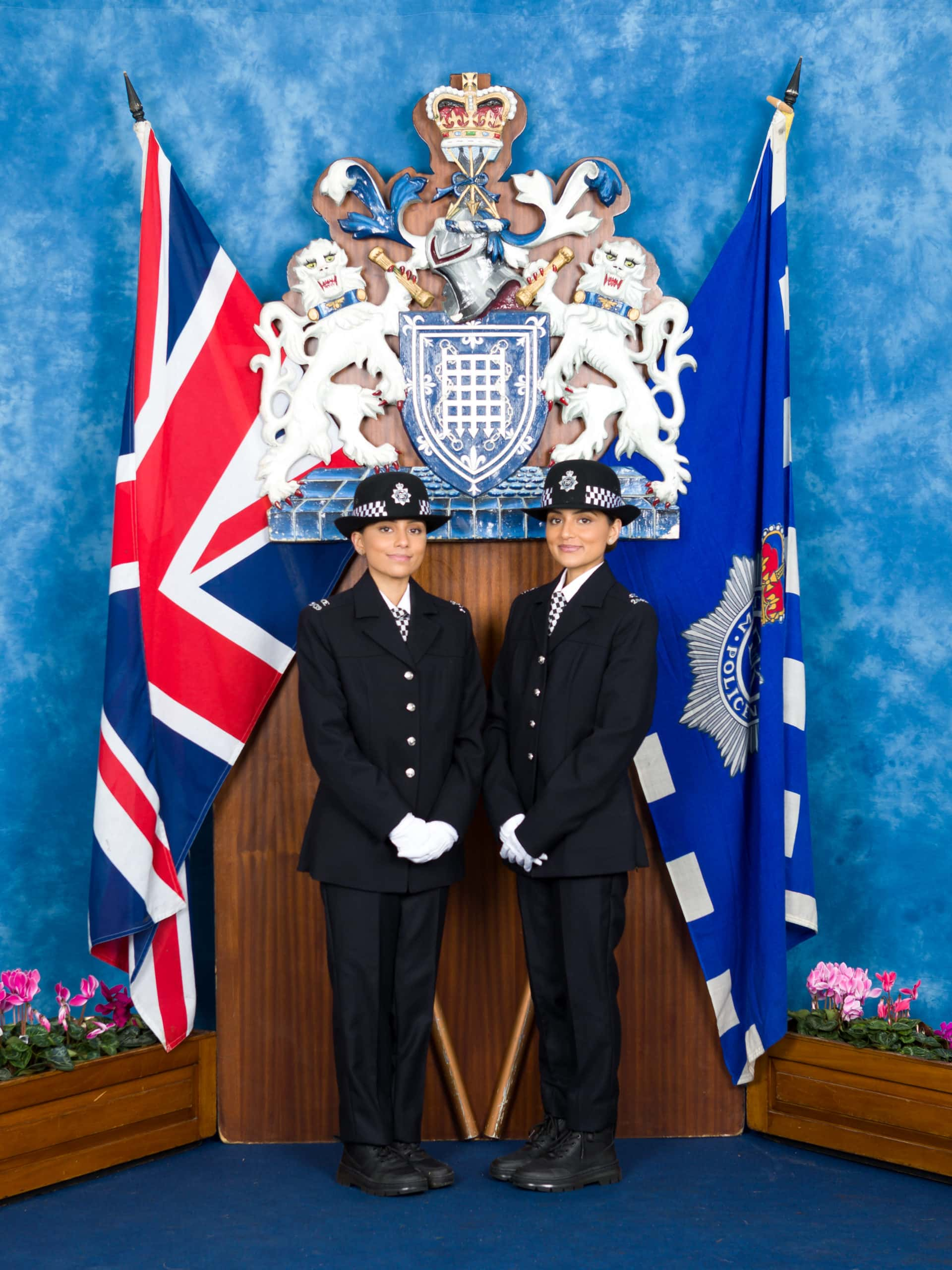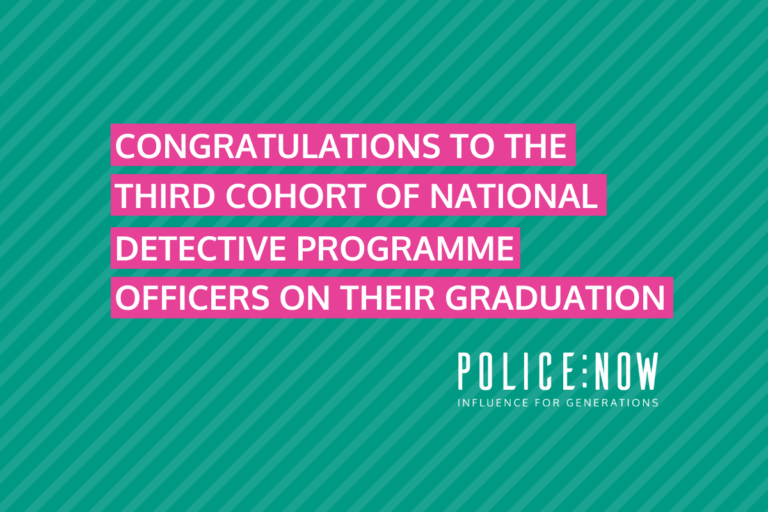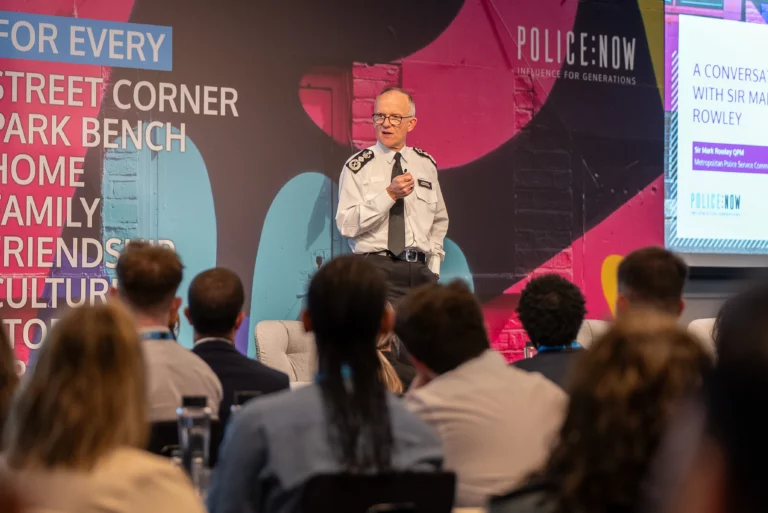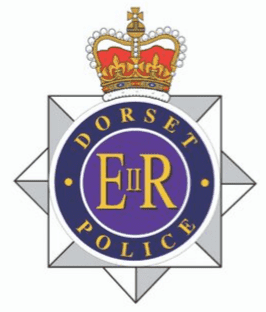Join the Police: Identical twins fight crime in London on the Police Now programme
Tuesday 22 February 2022
Identical twins Leigha and Ria Ravalia joined The Metropolitan Police Service via Police Now’s National Graduate Leadership Programme last summer. They have been tackling drug dealing in London and are working proactively to support vulnerable members of their community.

Leigha and Ria – both blackbelt kickboxers – studied Criminology together at Gloucestershire University before joining the programme to train as neighbourhood police officers.
Police Constable Ria Ravalia said: “We both had an interest in the criminal sector, but we hadn’t always been set on joining the police. It wasn’t until we saw an advert for Police Now that we seriously considered applying. It had always felt like a bit of a pipe dream to work for The Met, I’m not sure either of us really expected it to happen, but the more we went through the Police Now interview process the more we realised it’s something we both really wanted.”
Applications for the National Graduate Leadership Programme are currently open. The structured, two-year programme supports graduates in neighbourhood policing roles across England and Wales.
Since joining the programme, Leigha and Ria have completed their academy training and field training to reach Independent Patrol Status and have now been posted into their Neighbourhood Policing Teams. PC Leigha Ravalia is based in Mile End and PC Ria Ravalia is based in Spitalfields.
PC Ria Ravalia said: “We have only been in our neighbourhood teams for about a month but we are already very embedded. I have mainly been working on warrants and tackling drug crime in my area, but my first arrest was for a man suspected of possessing indecent child images. It was a huge case, he was charged with possession of indecent child images and sexual communications with an underage child and sentenced to 8 years in prison.
“I have also started doing some proactive work in Spitalfields, visiting local schools to run workshops with youth in the community. The aim is to work on early intervention, educating children on the dangers and consequences of knife crime and drug dealing and building positive relationships with them so they are not afraid to come to us for help.”
PC Leigha Ravalia said: “I have also been doing quite a lot to reduce drug crime in Mile End, and have already worked on several warrants. But my first arrest was for common assault after responding to a report of domestic abuse. It was a difficult day, one of the very young children in the house clung onto my leg when I arrived as he was so scared. The offender has been sentenced to 6 years in prison. It’s a tough job but I was able to go home knowing I had helped protect a vulnerable family.
“I am also going to be doing some proactive work with the Homeless Unit, visiting homeless shelters once a month to support the vulnerable and raise awareness of the housing and job opportunities that we can help with. For example, a lot of people don’t know that homeless people in our community can access free therapy via one of our local partners.
“We’re both excited to be in our neighbourhoods and though we are a little sad to be splitting up, at least people in the community won’t get us mixed up – that might not help when we’re trying to build community relationships and do our policing work! I think a neighbourhood policing role is a fantastic place to start our careers, the breadth of experience you gain in a neighbourhood role opens up a lot of opportunities and is a great way to build relationships and get to know your community.”
Police Now was founded in 2014 within the Metropolitan Police Service and is now an independent social enterprise, working in partnership with the Home Office and police forces across England and Wales to recruit outstanding officers to the police service in support of the national Police Uplift Programme.
The Police Uplift Programme has recruited more than 11,000 of the 20,000 new police officers pledged by March 2023 – 965 of which joined via Police Now, and with over 150 further officers due to begin their academy training in March.
Clare Power, Police Now’s Recruitment and Marketing Director, said: “We believe that neighbourhood policing is vital in supporting some of the most vulnerable members of our society. In a neighbourhood policing role, officers can become leaders in society and work alongside residents, local organisations and charities to reduce crime and transform a community into a safe and thriving place to live.
“In order to achieve this, it is crucial that our police service reflects the communities it seeks to serve and that we recruit outstanding graduates and career-changers to become leaders on the policing frontline. Only when the police has a workforce that is diverse, in both thought and background, can we lead real change in society and be the difference we wish to see.”
Data:
The Police Uplift programme has recruited more than 11,000 of the 20,000 new police officers pledged by March 2023 – 965 of which joined via Police Now, and with over 150 further officers due to begin their academy training in March.
Police Now has partnered with 33 police forces across England and Wales since it was established seven years ago. Police Now has recruited over 2,000 officers across England and Wales (over half of these officers were recruited prior to the Uplift, so are not included in Uplift stats referenced).
These Home Office Police Uplift stats have been taken from report published Wednesday 26th January 2022: England and Wales, quarterly update to 31 Dec 2021.






